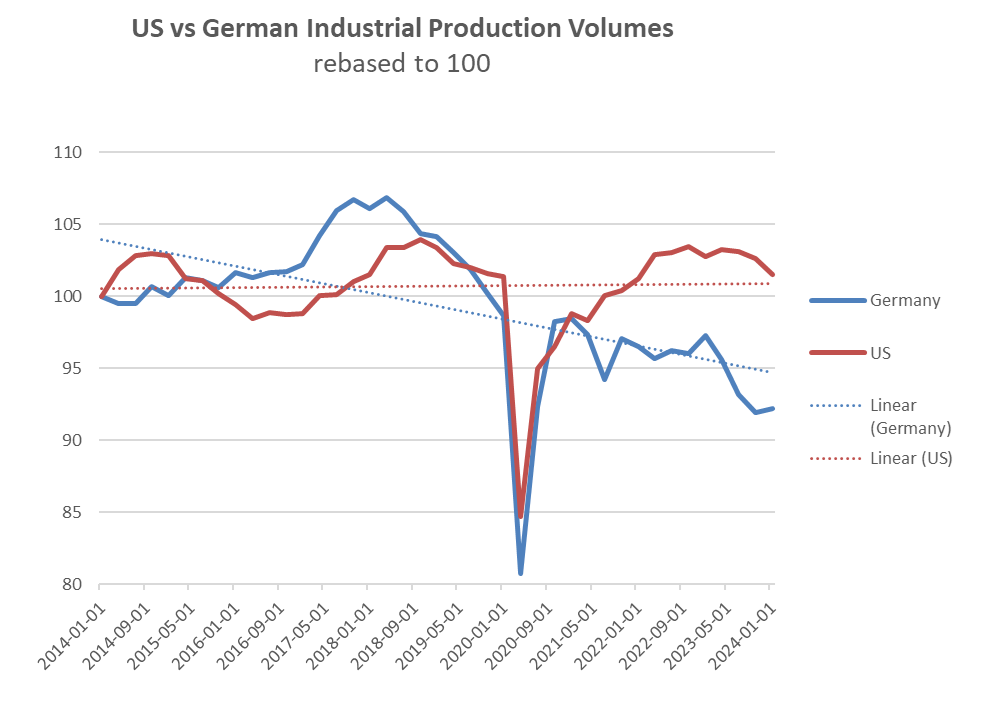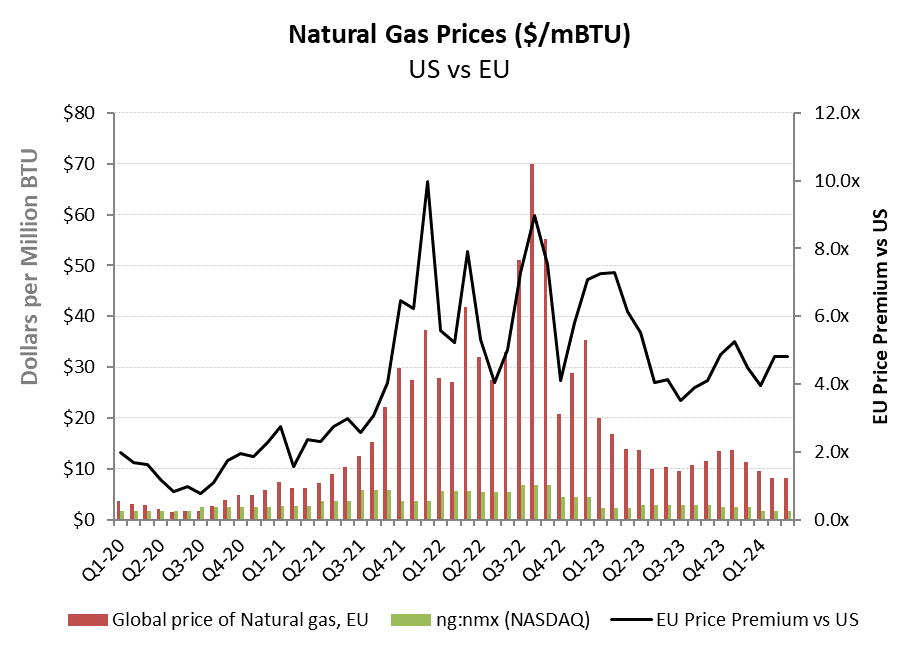Car industry goes soviet

“The new car market is no longer a market, unfortunately. It’s a state-imposed supply chain.”
Robert Forrester, Chief Executive of Vertu Motors (UK)
Unfortunately, this is a bit like noticing the iceberg after not only hitting it but realising that there aren’t enough life-rafts.
At present, the car industry, including dealers such as Vertu, are reporting a squeeze on new car sales as consumers reject the EV proposition that is being increasingly foisted on the market. In the UK and Europe, this included increased penalties on manufacturers on their proportion of internal combustion engine (ICE) sales relative to electric vehicle (EV). To avoid these penalties as consumers refuse their EV propositions, these European car manufacturers are limiting supplies of ICE vehicles, so extending the dearth of demand in EV’s to a broader contraction in car sales on a market already weakened by falling real disposable incomes. So instead of forcing consumers to ‘transition’ to EV’s, European car manufacturers are having to adjust their cost structures for a the weaker sales environment. In Germany, already burdened by climate cultism and an effective de-industrialisation policy, this has resulted it even VW considering its first ever German plant closures.

The political class meanwhile remains entirely deaf to this unfolding catastrophe for the industry, or at least persists with the pretense of that. For those that have been listening however, the longer term agenda as presented by the WEF has been openly advocating for a 75% reduction in private car ownership in its quest for a tied population within their 15 minute cities. What should be clear, is that all this has nothing to do with C02, but control, with the advertised transition to EV’s merely a stepping stone and ruse towards that goal. For those buying into European car manufacturers hoping for a profitably transition promise to be sorely disappointed. As if to further demonstrate the point, the new labour regime in the UK has decided to double down on the already discredited ‘green energy’ scam, preferring to fund billions of pounds into the Ukrainian meat-grinder and overseas eco projects while considering further taxes on private transport and higher heating costs for all but those MP’s able to claim additional heating allowances.

If Europe has been following a path to penury and cultural obliteration with its adherence to the WEF agenda, Germany has been running this policy on steriods. Having closed the last of its nuclear power stations just in time for the Ukraine conflict and then sat mutely as it’s allies blew up Nordstream2, Germany is now more reliant on expensive LNG (from the US!), ensuring not just highly uncompetitive costs for energy, but also for some of its key feedstock chemicals. For a manufacturing powerhouse for Europe for engineering, automobiles and chemicals, these policies couldn’t have been more destructive to economic growth even if this had been the planned.
